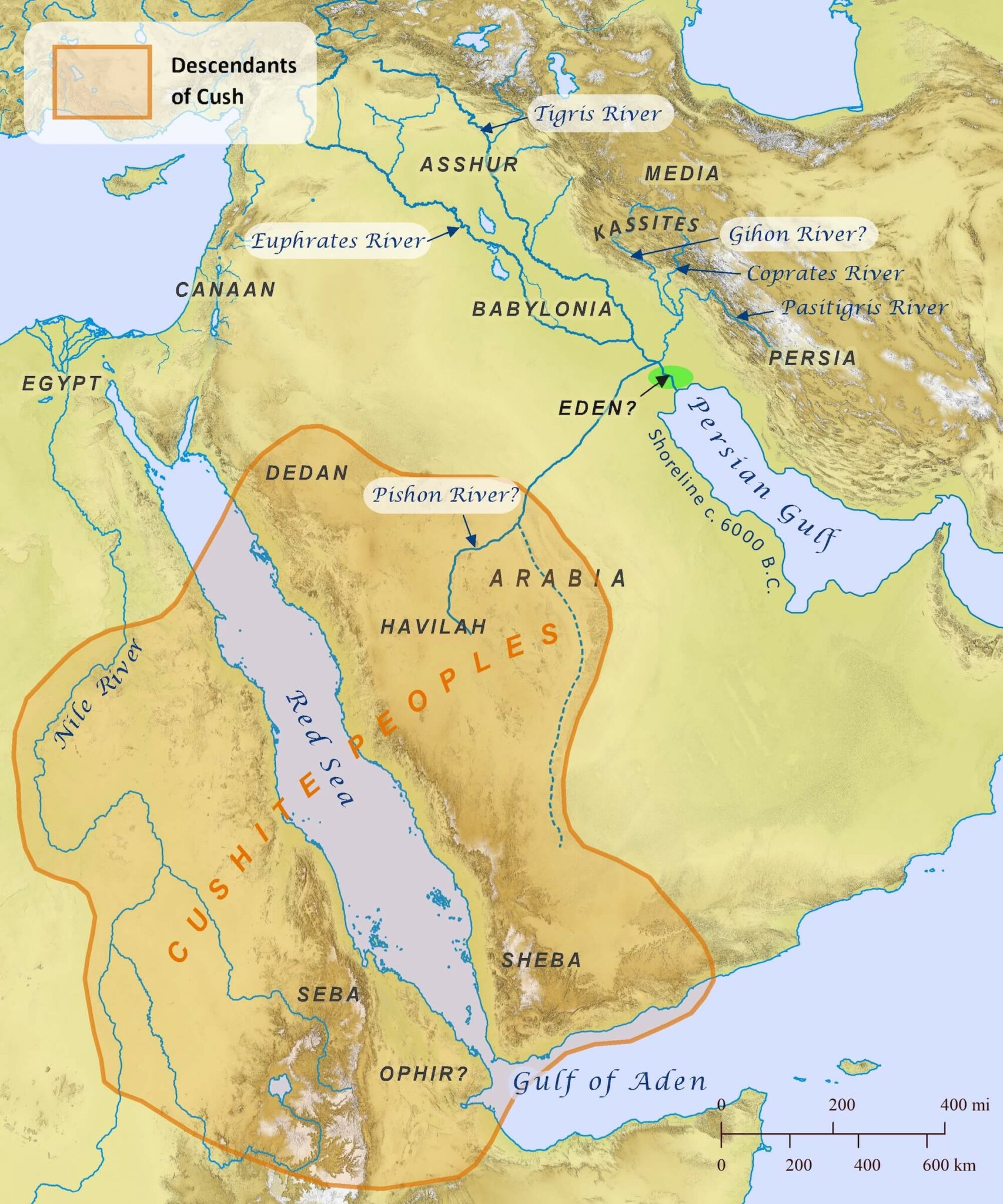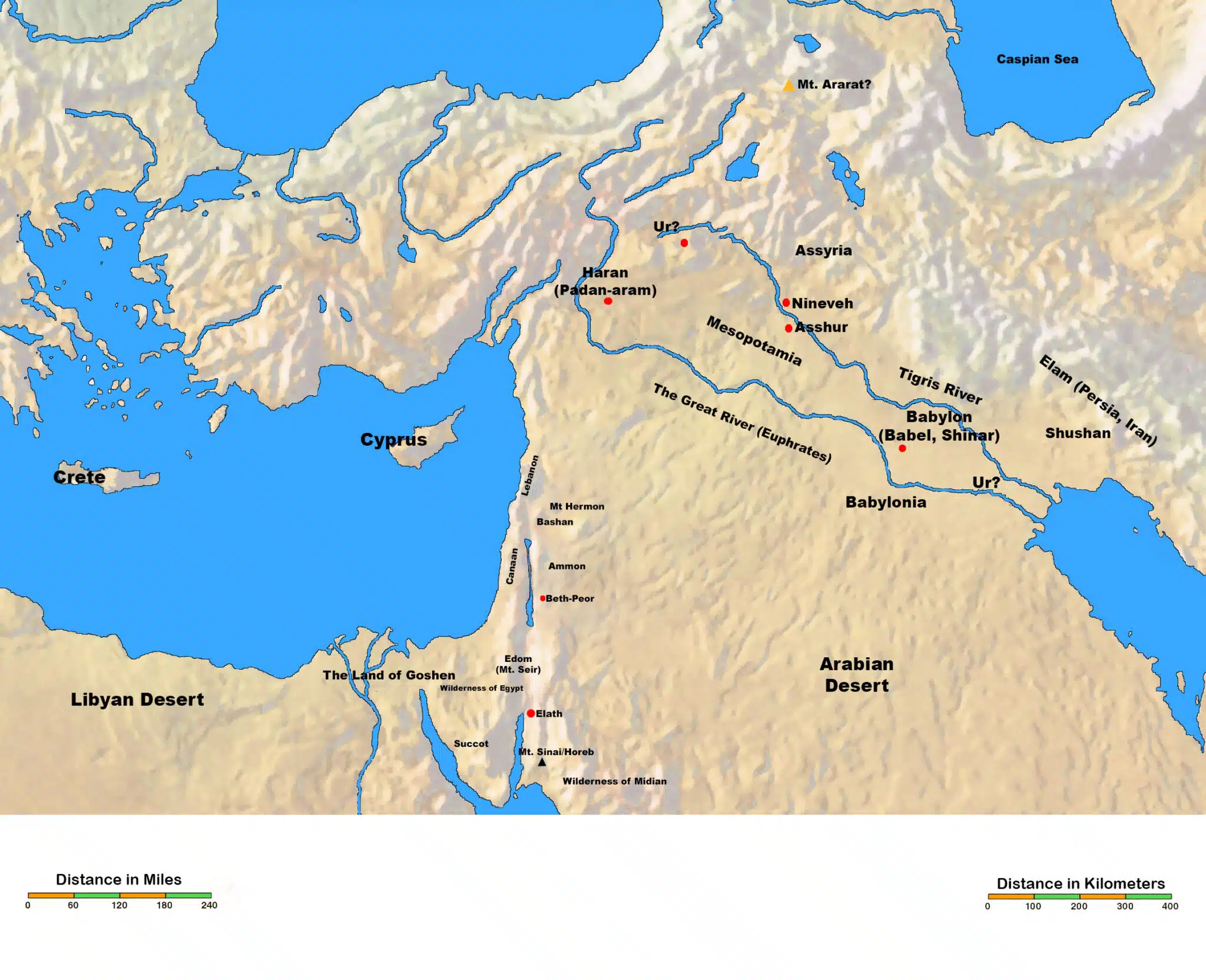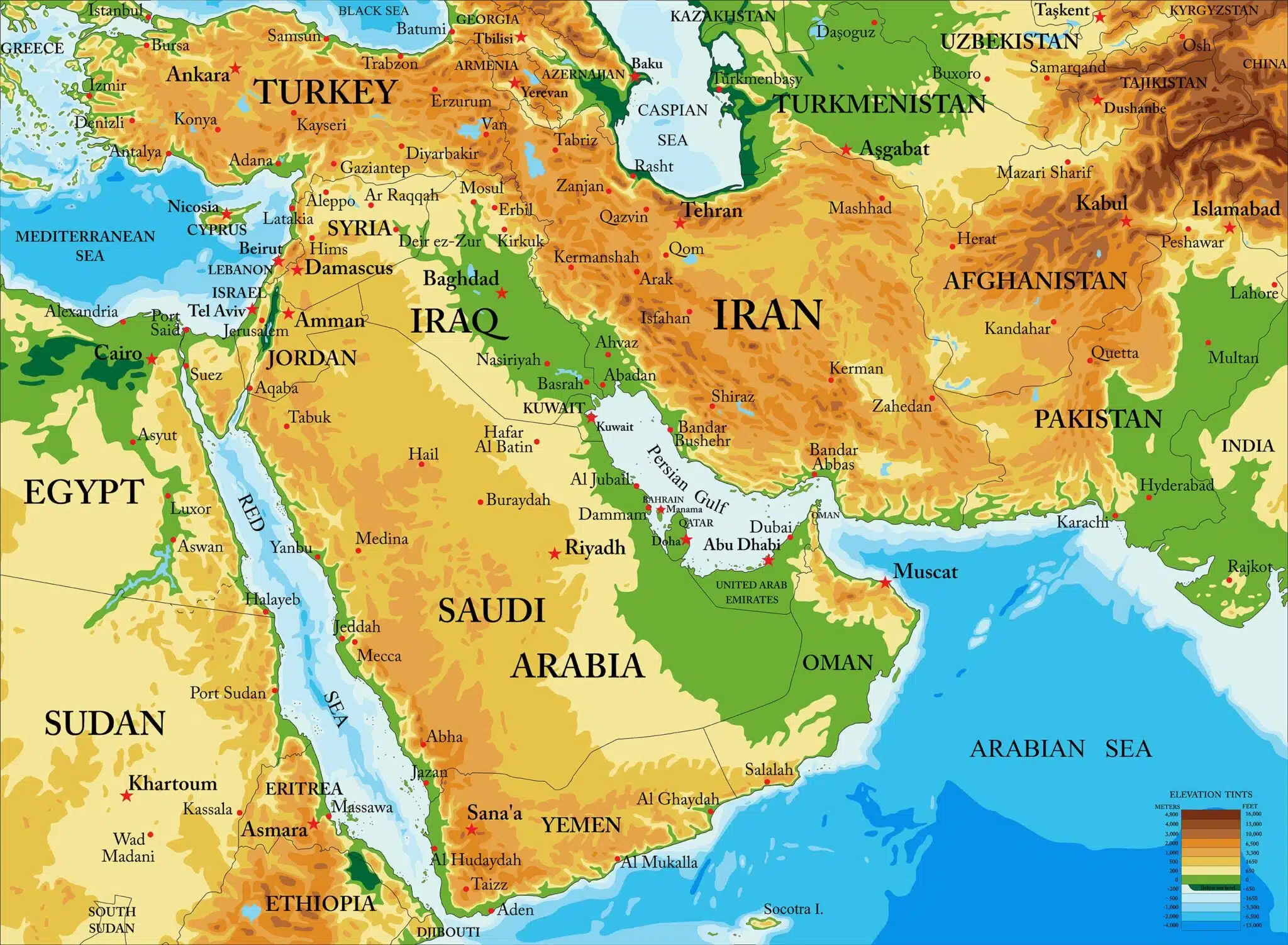God concludes the act of creation by resting on the seventh day. God blesses and sanctifies the seventh day.
Genesis 2:1-3 is a conclusion to all of chapter one. God had finished His work. Since He was done, it was time to rest. Later in the book of Exodus, God would set apart the day of rest and make it holy. The word used for rest here is the Hebrew word “shabath” which means to cease or to be still. God wasn’t exhausted and in need of rest from His labor. No, God declared the work to be finished. God did not just take a break from His work, He had achieved His divine plan of the universe.
Then God blessed and sanctified the seventh day: For in six days the LORD made the heavens and the earth, the sea and all that is in them, and rested on the seventh day; therefore, the LORD blessed the Sabbath day and made it holy (Exodus 20:11). The word blessed means God’s divine favor and protection was given. The word sanctified means to make holy or to set aside. The seventh day was sanctified as a special day of blessing. The Sabbath would become a reminder of two great truths, creation and redemption. God’s work is perfect and nothing can be added to it or taken away from it. Here is a good example from Scripture, I know that everything God does will remain forever; there is nothing to add to it and there is nothing to take from it (Ecclesiastes 3:14a). The seventh day was set apart and proclaimed to be a holy day. God ceased from all the work He had set about to do.
Biblical Text
1 Thus the heavens and the earth were completed, and all their hosts. 2 By the seventh day God completed His work which He had done, and He rested on the seventh day from all His work which He had done. 3 Then God blessed the seventh day and sanctified it, because in it He rested from all His work which God had created and made.
Check out our other commentaries:
-
Habakkuk 3:1–2 meaning
Habakkuk asks God to have compassion on Judah amid their exile so that they can experience spiritual revival and restoration....... -
2 Thessalonians 2:13-17 meaning
The Thessalonians should remember God’s love for them, how He chose them to be saved from sin and death, and to become Christlike through obedience...... -
Romans 12:6-8 meaning
The body of believers can only work in full harmony with one another if each member is using their gift to serve one another. These...... -
Deuteronomy 4:41-43 meaning
After Israel’s conquest across the Jordan to the east, Moses sets apart three cities there to provide asylum for unintentional homicide....... -
Deuteronomy 13:1-5 meaning
To enforce the second of the Ten Commandments, Moses commands the Israelites to execute any false prophet who may entice them to serve other gods,......





